To provide the best experiences, we use technologies like cookies to store and/or access device information. Consenting to these technologies will allow us to process data such as browsing behaviour or unique IDs on this site. Not consenting or withdrawing consent, may adversely affect certain features and functions.
The technical storage or access is strictly necessary for the legitimate purpose of enabling the use of a specific service explicitly requested by the subscriber or user, or for the sole purpose of carrying out the transmission of a communication over an electronic communications network.
The technical storage or access is necessary for the legitimate purpose of storing preferences that are not requested by the subscriber or user.
The technical storage or access that is used exclusively for statistical purposes.
The technical storage or access that is used exclusively for anonymous statistical purposes. Without a subpoena, voluntary compliance on the part of your Internet Service Provider, or additional records from a third party, information stored or retrieved for this purpose alone cannot usually be used to identify you.
The technical storage or access is required to create user profiles to send advertising, or to track the user on a website or across several websites for similar marketing purposes.
 A report by HR software and employment law advice service BrightHR claims that 28 percent of UK workers have cancelled annual leave in 2020. The report, which uses data from over 300,000 BrightHR users, also claims that, predictably, the two highest months for cancelled leave were while the UK was in full lockdown. April had the highest number of leave cancellations, with 31,762 users withdrawing holiday requests. It was followed by May, which saw 25,083 users cancel their leave. More →
A report by HR software and employment law advice service BrightHR claims that 28 percent of UK workers have cancelled annual leave in 2020. The report, which uses data from over 300,000 BrightHR users, also claims that, predictably, the two highest months for cancelled leave were while the UK was in full lockdown. April had the highest number of leave cancellations, with 31,762 users withdrawing holiday requests. It was followed by May, which saw 25,083 users cancel their leave. More →





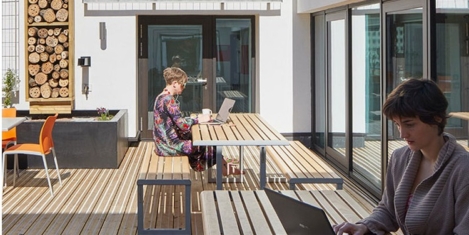
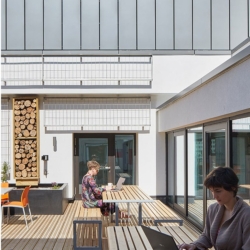

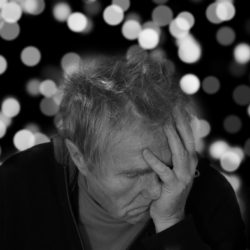 The number of self-employed people saying they have “poor” or “very poor” mental health has increased from 6 percent to 26 percent since the beginning of the pandemic (a 300 percent rise), claims new research by
The number of self-employed people saying they have “poor” or “very poor” mental health has increased from 6 percent to 26 percent since the beginning of the pandemic (a 300 percent rise), claims new research by 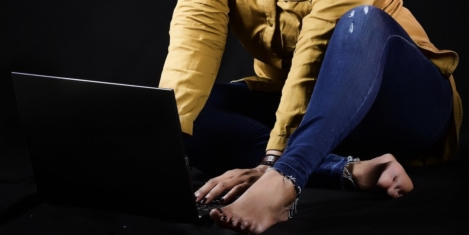
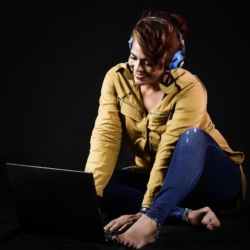 Seniority in the workplace could be directly correlated to how often you listen to music whilst you work, claims a poll of 1,000 UK office workers. The research, which was carried out by London office developer
Seniority in the workplace could be directly correlated to how often you listen to music whilst you work, claims a poll of 1,000 UK office workers. The research, which was carried out by London office developer 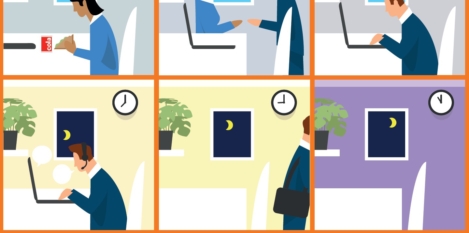
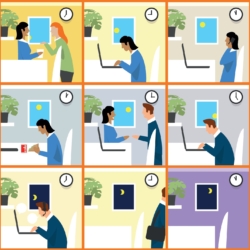
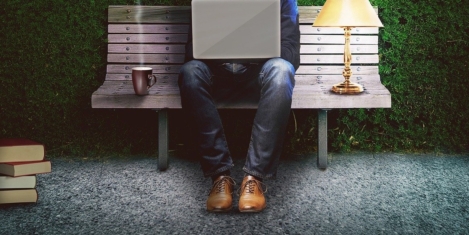
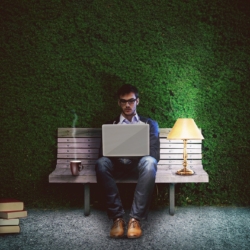 While city centres are taking time to recover, there’s better news elsewhere, suggests
While city centres are taking time to recover, there’s better news elsewhere, suggests 

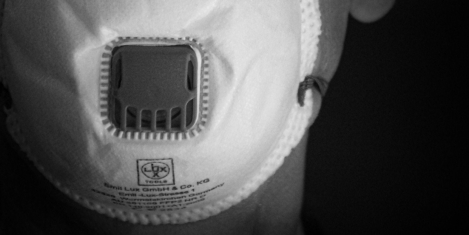
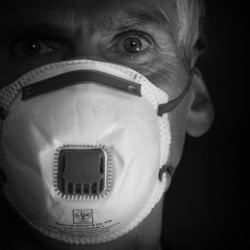 Insurance provider
Insurance provider 


 What impact is COVID-19 having on business confidence? And what recovery strategies are companies prioritising in response to the pandemic? Recruitment company
What impact is COVID-19 having on business confidence? And what recovery strategies are companies prioritising in response to the pandemic? Recruitment company 










September 15, 2020
Testing times for offices mean new regimes at work
by Helen Farr • Comment, Wellbeing